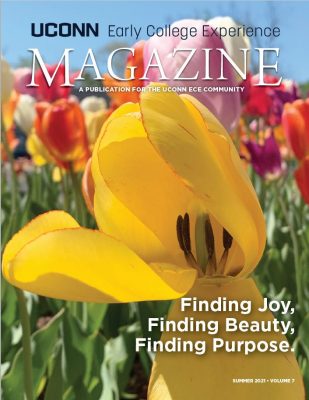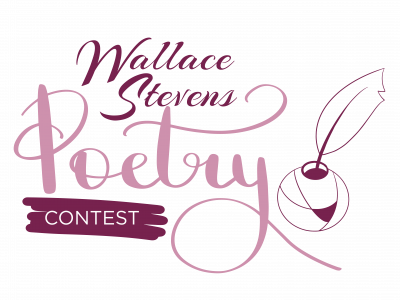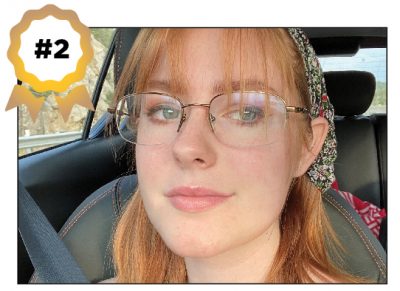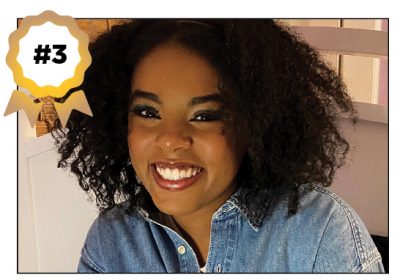UConn Early College Experience recognized 10 outstanding UConn ECE Students this year, awarding each a $500 scholarship, which can be used at any institution. Winners are high school seniors, who have taken or are currently taking at least one UConn Early College Experience course and have excelled in the area in which they submitted their project. Learn more about the UConn ECE Student Scholarships on our Scholarships page.
Excellence in the Arts, Humanities, or Social Sciences
Winners demonstrate academic achievement and a potential for future academic and professional accomplishments in a field focusing on the Arts, Humanities, and/or Social Sciences.
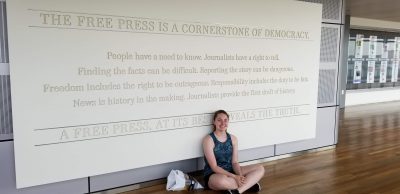
Emily Tarinelli
Marine Science Magnet High School of Southeastern CT
Literary analysis essay: Feminism in the Absence of Independent Women

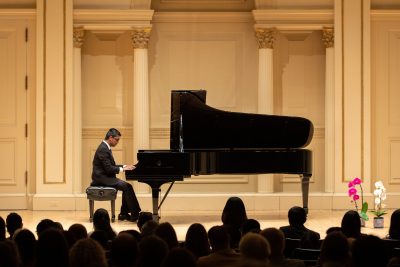
Ayushman Choudhury
Ellington High School
Rhetorically effective argument video: The True Cost of War

Kiersten Sundell,
Thomaston High School.
Portrait: Am I Next?
Excellence in Science, Technology, Engineering, and Mathematic
Winners demonstrate academic achievement and a potential for future academic and professional accomplishments in the fields of Science, Technology, Engineering, and/or Mathematics.

Conner Larocque
Hamden High School
Video: Autonomous Siphon Coffee Machine
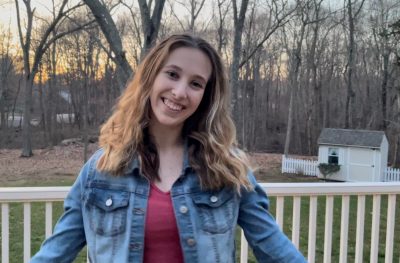
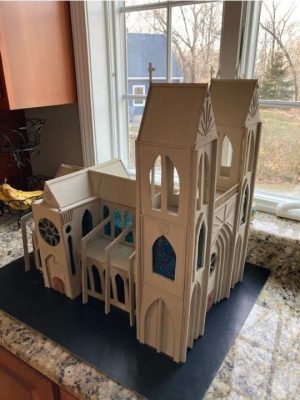
Grace Pendleton
The Morgan School
Model: Gothic Cathedral
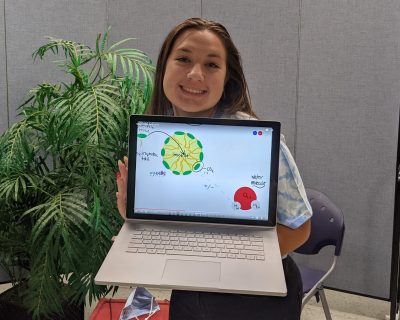
Emma Bator-Blanchet
Rockville High School
Video: How Soap Kills Coronavirus
Excellence in Civic and Community Engagement
Winners are academically successful, are already making a positive difference in their town or neighborhood, and are inspiring others to do the same. The students chosen for this award must be a UConn ECE Student who demonstrates ambition and self-drive evidenced by outstanding achievement in both school and their community.

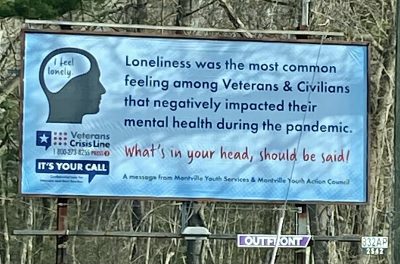
Stephen Duhamel
Montville High School
Development and promotion projects that strengthen peer interactions and wellness
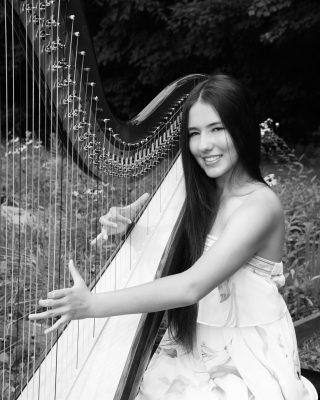
Lindsay Haukom
Edwin O. Smith High School
Quaraconcerts, free virtual harp concerts offered to anyone who wanted happiness and human connection

Matthew Keating
Holy Cross High School
Co-founder of Step by Step, a nonprofit organization that helps the less fortunate in the community
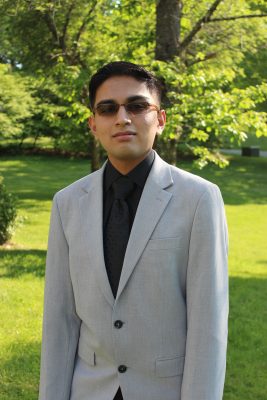
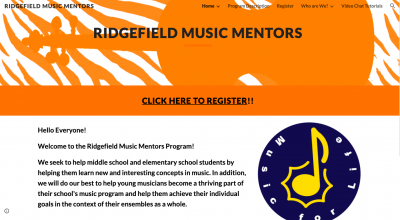
Anirudh Krishnan
Ridgefield High School
Founder of the Ridgefield Music Mentors program
